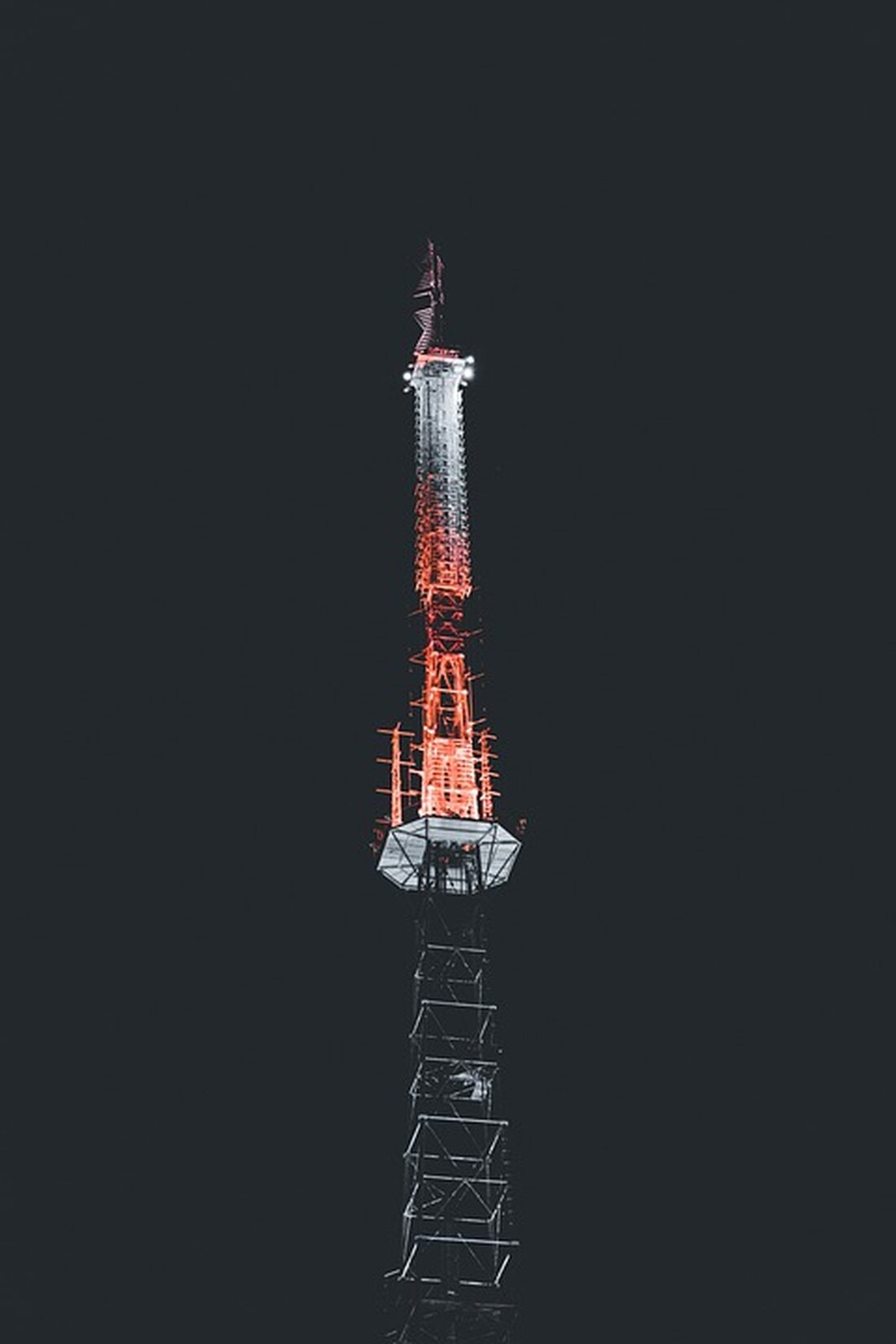Ukrainian journalist, trapped in Russia for three years, freed
A Ukrainian journalist detained by Russia for over three years has returned home as part of an exchange program. His emotional words to his mother offer a ray of hope in the Ukraine conflict.

Ukrainian journalist, trapped in Russia for three years, freed
A Ukrainian journalist held in inhumane conditions in Russia for more than three years was released on Sunday as part of a recent prisoner exchange between Moscow and Kiev.
Release of Dmytro Khilyuk
Dmytro Khilyuk, 50, was one of thousands of Ukrainian civilians held illegally in Russia in violation of international law. His elderly parents had no information about his whereabouts, but campaigned tirelessly for his release by attending meetings with politicians in Ukraine and abroad, participating in protests and communicating relentlessly with Russian authorities.
Emotional moment after release
A video released by Ukrainian authorities shows Khilyuk calling his mother shortly after returning to Ukraine. "I knew you were worried about me. Mom, don't cry. I'll be home soon," he says in the emotional conversation.
The circumstances of his arrest
Khilyuk and his father Vasyl were detained by Russian troops while trying to get basic food supplies during the occupation of their village of Kozarovychi, north of Kiev. While Vasyl Khyliuk was released just a few days later, Dmytro disappeared without a trace.
International pressure and repeated denial
Moscow repeatedly denied that it was holding Khilyuk, despite numerous reports from fellow prisoners placing him in Russian detention centers. The Russian Investigative Service and the Bryansk prison authorities officially informed Khilyuk's lawyer in December 2022 and January 2023 that he was not in Russia and they had no information about him.
Reunion with family
In 2024, CNN visited Khilyuk's parents, shortly after Moscow finally acknowledged that their son was in Russian custody. The only thing his parents received directly from him was a short handwritten message dated April 2022, which they did not receive until August of that year.
Campaign for release
According to Khilyuk's lawyer, he has never been charged or convicted of a crime. Ukrainian President Volodymyr Zelensky confirmed that Khilyuk was among a group of eight civilians released on Sunday. The Ukrainian Coordination Center for the Treatment of Prisoners of War said that the released prisoners returned together with soldiers and other members of the security forces.
A rare moment of hope
Andriy Yermak, Zelensky's chief of staff, announced that former Kherson mayor Volodymyr Mykolayenko was also released on Sunday. Mykolayenko, who spent more than three years in Russian captivity, called the day his “second birth.” He said: "It's a wonderful coincidence that tomorrow is my mother's birthday."
The situation in Russia
The Ukrainian government reported that another journalist, Mark Kaliush, and Serhiy Kovalyov, a paramedic, were also freed on Sunday. Their release represents a rare ray of hope for the families of Ukrainians held in Russia. Kiev says at least 16,000 Ukrainian civilians are imprisoned in Russia, but the actual number could be significantly higher.
Legal situation and international conventions
The detention of civilians by an occupying power is illegal under international conflict law, unless there are some narrowly defined exceptions and strict time limits. There is no established legal framework for the treatment and exchange of civilian prisoners in the same way as prisoners of war.
CNN's Victoria Butenko and Olga Voitovych contributed to this report.

 Suche
Suche
